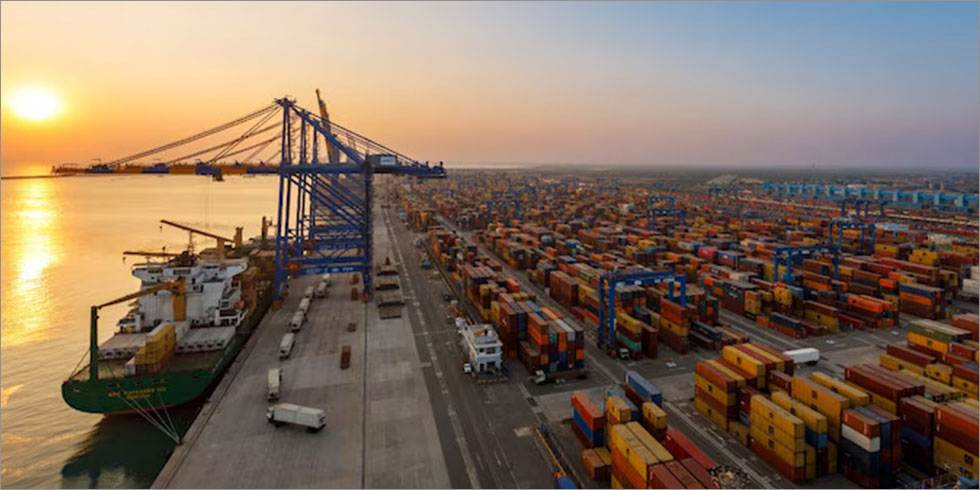Otunba Adeniyi Adebayo, the Minister of Industry, Trade, and Investment, regretted that African countries had not fully realised their potential in bilateral trade with India.
Despite the fact that India is Africa's third-largest trading partner, the Minister said that African countries predominantly export raw crude oil and other extractive resources to the Asian country in his address at the 16th CII-EXIM Bank Conclave on India and Africa Project Partnership with the theme "Harnessing the Africa-India Opportunity: Connect, Create, Collaborate."
Despite the fact that India is Africa's third-largest trading partner, the Minister said African countries predominantly export raw crude oil and other extractive resources to the Asian country in his address at the 16th CII-EXIM Bank Conclave on India and Africa Project Partnership with the theme: "Harnessing the Africa-India Opportunity: Connect, Create, Collaborate."
“As you may know, India is now Africa's third-largest commercial partner,” he remarked. However, data and patterns from bilateral trade imply that the actual potential has yet to be realised, as African countries mostly sell raw crude oil and other extractive resources to India.
“In light of the Africa Continental Free Trade Area (AfCFTA) agreement, and as African countries seek to lessen their economic reliance on resource trade, India could play a catalytic role in the continent's collective efforts to expand manufacturing and service exports.”
South Africa, Kenya, Egypt, Nigeria, Tanzania, Mauritius, Mozambique, Algeria, Ghana, and Ethiopia are among India's key export destinations in Africa, according to him.
The Minister stated that the Federal Government has produced an intervention programme defined in the form of an action plan relating to the various sectors of the economy to boost trade relations with India.
Agriculture, manufacturing, mining, oil and gas, tourism and hospitality, transportation, ICT, and the digital economy were among the industries studied.
“Government’s economic policy favours and places priority on greater trade and investment in agricultural production and agro-processing industries, construction, tourism, manufacturing and export.
“These investment opportunities are embedded in the following sectors of the Nigerian economy: agriculture, solid minerals, tourism, power sector, construction and transportation.
“Furthermore, the Federal Government through the National action Committee on AfCFTA, is also working towards setting up AfCFTA implementation Focal Desks in states and have urged state governments to explore their areas of comparative advantages for economic growth and job creation,” he said.
The Minister added, “AfCFTA has great potential of creating a combined consumer and business spending of about $6.7 trillion, while offering some of the world’s biggest opportunities for attracting Foreign Direct Investment (FDI).”
According to the United Nations Commission for Africa (UNECA), the AfCFTA has the potential to boost intra-African trade by 52 per cent by 2022.”
“In order to succeed in this 21st-century environment, a zone of any type must be adapted to the host country’s specific situation and must build on its comparative advantages. Having a long-term vision is particularly important because economic transformation can take decades. In this regard, it is important for India and Africa to undertake joint actions in order to promote synergies and coordination among the different sectors of the Economy,” he added.








Add Comment